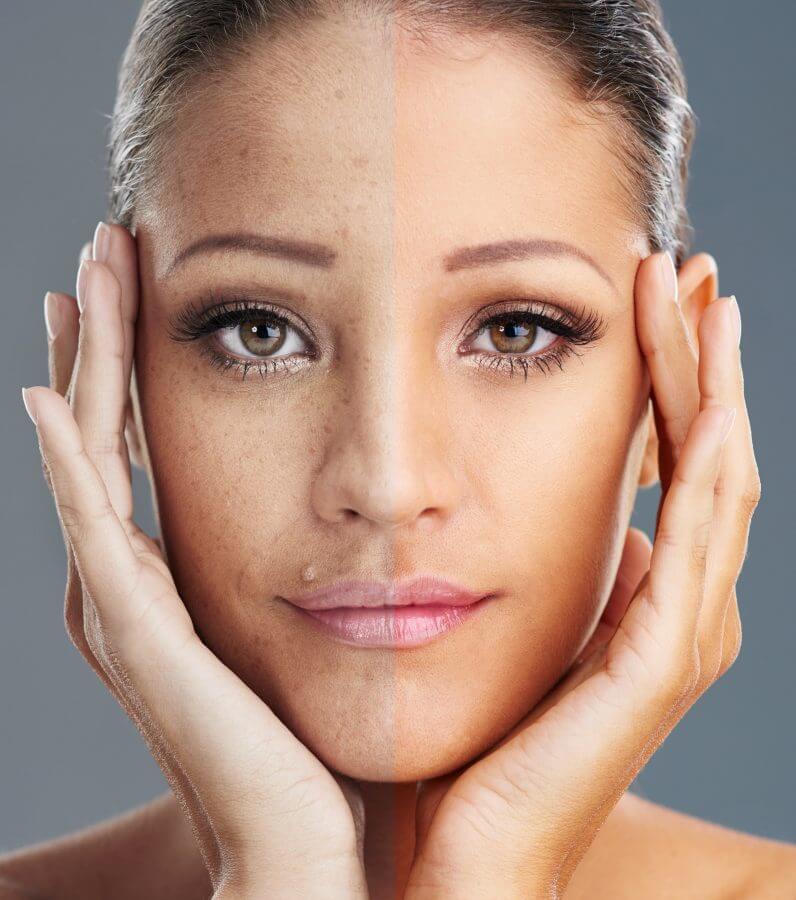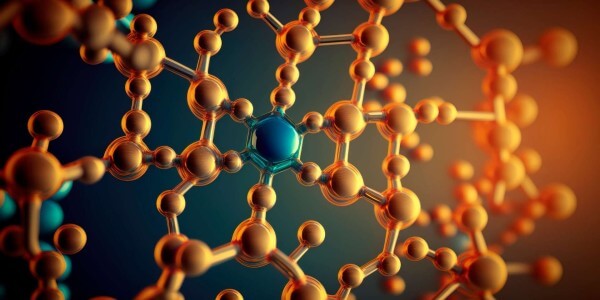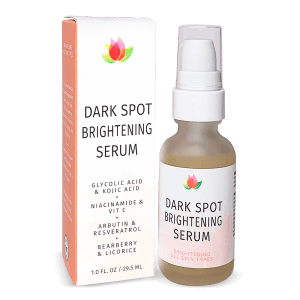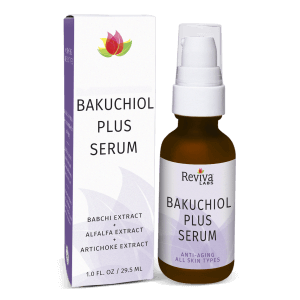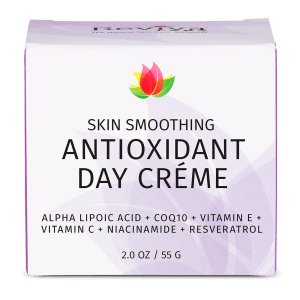Reviva Labs, Skin Care
How To Rescue Your Damaged Skin
Skin is the body’s largest organ, acting as a protective barrier against environmental aggressors. However, this vital organ often endures damage from various sources. Sun exposure, pollution, stress, poor diet, and inadequate skincare routines contribute to the deterioration of skin health. Understanding the root causes of skin damage is crucial in addressing and remedying these issues effectively.
Sun damage is one of the most common culprits. Ultraviolet (UV) rays can penetrate deep into the skin, causing cellular damage that leads to premature aging, hyperpigmentation, and even skin cancer. Environmental pollutants like smog and dust also play a significant role in skin damage. These pollutants can clog pores, cause inflammation, and accelerate the aging process.
Stress and diet are often overlooked but equally important factors. Chronic stress can lead to hormonal imbalances that manifest in the form of acne, eczema, or psoriasis. A diet high in processed foods and low in essential nutrients can deprive the skin of the vitamins and minerals it needs to repair itself and stay healthy.
The Importance of a Gentle Cleansing Routine
Cleansing is the foundation of any skincare routine, especially when trying to repair damaged skin. It’s essential to choose a gentle cleanser that removes impurities without stripping the skin of its natural oils. Overly harsh cleansers can exacerbate skin problems, leading to dryness, irritation, and further damage.
Look for cleansers with soothing ingredients like chamomile or aloe vera. These natural components help calm inflammation and provide hydration, setting the stage for the rest of your skincare regimen. Cleansing should be done twice daily—once in the morning to remove nighttime accumulation of oils and impurities, and once before bed to wash away the day’s grime.
Hydration is Key
Hydration plays a pivotal role in skin repair. When skin is well-hydrated, it can more effectively repair itself and maintain its barrier function. Dehydrated skin, on the other hand, becomes more susceptible to damage and less capable of self-repair.
Incorporate a high-quality moisturizer into your daily routine. Look for products that contain hyaluronic acid, a powerful humectant that draws moisture into the skin and keeps it there. Additionally, ingredients like ceramides and glycerin can help reinforce the skin’s barrier, locking in moisture and providing a protective layer against environmental aggressors.
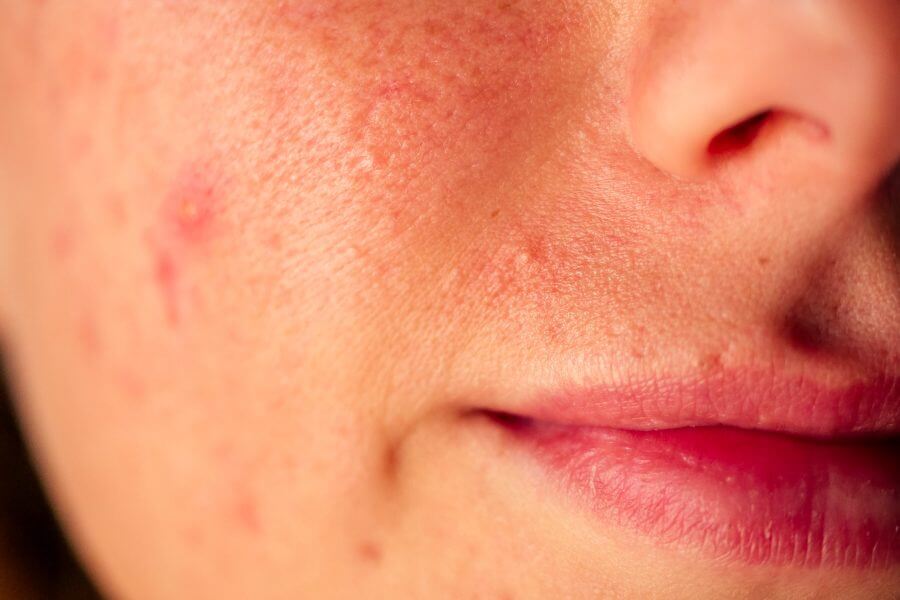
The Role of Antioxidants
Antioxidants are a crucial component in the fight against skin damage. They work by neutralizing free radicals—unstable molecules that cause oxidative stress and cellular damage. Over time, this oxidative stress can lead to visible signs of aging, such as wrinkles, fine lines, and age spots.
Vitamin C is one of the most effective antioxidants for skin repair. It not only helps protect the skin from further damage but also promotes collagen production, improving skin texture and firmness. Incorporating a serum with a high concentration of vitamin C can make a noticeable difference in the appearance and health of your skin.
Nourishing from the Inside Out
What you put into your body is just as important as what you apply to your skin. A diet rich in antioxidants, vitamins, and minerals can support skin health from the inside out. Foods like berries, leafy greens, nuts, and seeds are packed with nutrients that promote skin repair and combat damage.
Omega-3 fatty acids, found in fish like salmon and in flaxseeds, are particularly beneficial for the skin. They help maintain the skin’s lipid barrier, keeping it hydrated and protected. Drinking plenty of water is also essential, as it helps flush out toxins and keep the skin hydrated.
The Power of Regular Exfoliation
Exfoliation is a critical step in repairing damaged skin. It helps remove dead skin cells that can clog pores and make the skin appear dull. Regular exfoliation encourages cell turnover, revealing fresher, healthier skin beneath.
Choose an exfoliant that’s suitable for your skin type. For sensitive skin, a gentle enzyme-based exfoliant can be effective without causing irritation. For those with more resilient skin, a chemical exfoliant with alpha hydroxy acids (AHAs) or beta hydroxy acids (BHAs) can provide deeper exfoliation and more significant results. It’s essential to exfoliate no more than two to three times a week to avoid over-exfoliating, which can lead to further damage.
Sun Protection is Non-Negotiable
Protecting your skin from the sun is one of the most crucial steps in repairing and preventing damage. Daily sun protection can prevent further harm and give your skin the chance to heal. Look for a broad-spectrum sunscreen with an SPF of at least 30. Broad-spectrum sunscreens protect against both UVA and UVB rays, offering comprehensive protection.
Apply sunscreen every morning, even on cloudy days, as UV rays can penetrate through clouds. Reapply every two hours if you’re spending time outdoors, and more frequently if you’re swimming or sweating. Wearing protective clothing, such as wide-brimmed hats and long sleeves, can also provide an extra layer of defense against the sun’s harmful rays.
The Benefits of Professional Treatments
Sometimes, home care alone isn’t enough to repair severely damaged skin. Professional treatments can offer more intensive solutions. Treatments like chemical peels, microdermabrasion, and laser therapy can provide deeper exfoliation and more significant results than at-home treatments.
Chemical peels use acids to remove the top layer of skin, revealing smoother, healthier skin underneath. Microdermabrasion is a mechanical exfoliation technique that gently buffs away the surface layer of skin. Laser therapy can target specific skin concerns, such as pigmentation or scarring, promoting collagen production and improving skin texture.
Consult with a dermatologist or licensed skincare professional to determine the best treatment options for your skin type and concerns. These professionals can provide personalized advice and recommend treatments that will give you the best results.
Consistency is Crucial
Consistency is key when it comes to repairing damaged skin. A regular skincare routine that incorporates gentle cleansing, hydration, sun protection, and targeted treatments can lead to significant improvements over time. It’s essential to stick with your routine, even if you don’t see immediate results. Skin repair takes time, and persistence will pay off.
Monitoring your skin’s progress can help you adjust your routine as needed. If you notice increased dryness or irritation, you may need to switch to gentler products or reduce the frequency of certain treatments. Listening to your skin and responding to its needs is crucial for achieving the best results.
Stress Management and Sleep
Stress management and adequate sleep are often overlooked but are vital components of skin health. Chronic stress can lead to hormonal imbalances that affect the skin, while lack of sleep can hinder the skin’s ability to repair itself. Incorporating stress-reducing activities like yoga, meditation, or regular exercise can improve your overall well-being and, consequently, your skin health.
Aim for seven to nine hours of quality sleep each night. During sleep, the body goes into repair mode, and this includes skin regeneration. A consistent sleep schedule and a calming bedtime routine can enhance the quality of your sleep, giving your skin the time it needs to heal and rejuvenate.
The Value of Patience and Persistence
Repairing damaged skin is a journey that requires patience and persistence. It’s important to set realistic expectations and understand that significant changes won’t happen overnight. Celebrate the small victories along the way, such as improved hydration or a more even skin tone.
In conclusion, rescuing damaged skin involves a multi-faceted approach that addresses both external and internal factors. By adopting a consistent skincare routine, nourishing your body with the right nutrients, protecting your skin from the sun, and managing stress, you can restore your skin’s health and vitality. Remember, your skin is resilient, and, with the right care, it can bounce back from damage and look its best.



